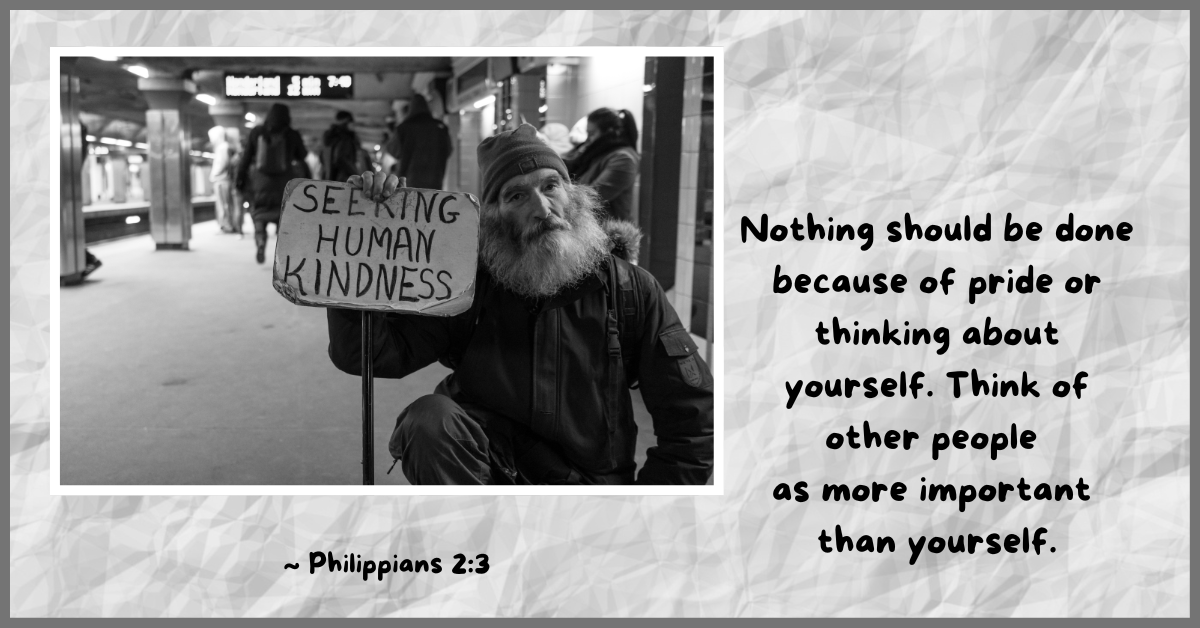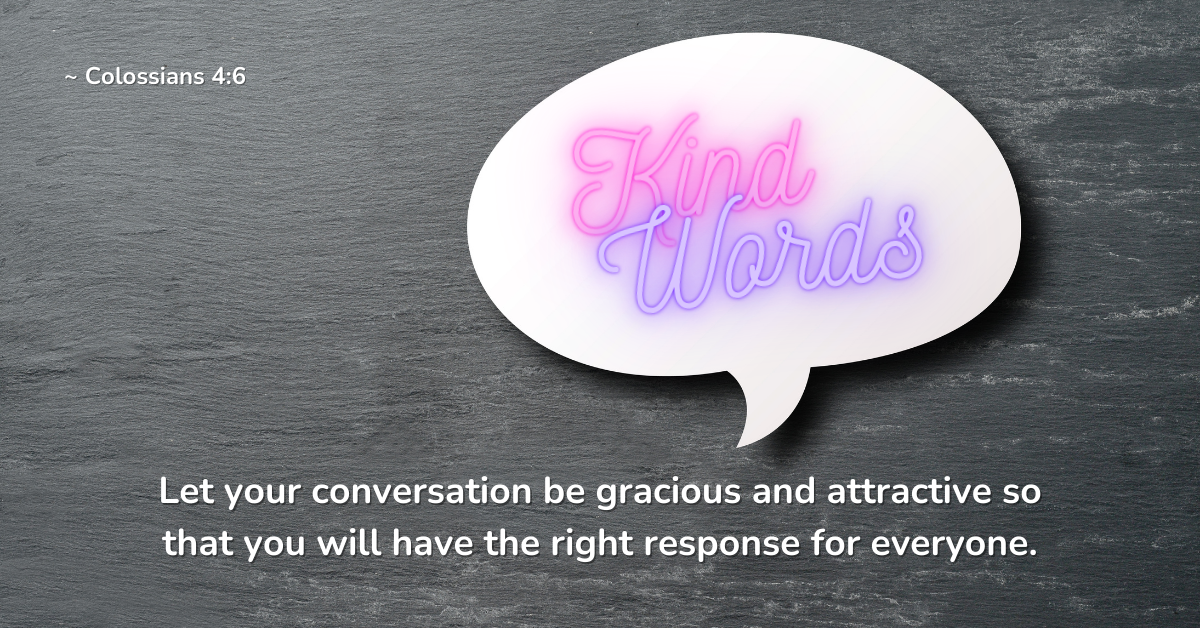
On our journey with Jesus, we need to consider our spiritual needs and the needs of others. Our spiritual growth should be more than attending Sunday morning worship. We need to read the Bible, pray and strive to learn more about Jesus and how He wants us to act and what He wants us to do.
Here are some articles, "Reminders" and "Food for Thought", written by Ardith Hoff, a member of Westby UMC. These articles offer insight and guidance for our everyday lives. We hope you enjoy these articles and find them insightful and helpful, not only in your everyday life but specifically in your walk with the Lord!
Sometimes we need a starter or "Prayer Seed" to start thinking about what God may be trying to say to us in a Bible verse, so we have a "Prayer Seed" section to encourage you to ponder the Bible verses posted.
New articles and prayer seeds will be added once a week to this page.
New Reminders: Regrets
by Ardith Hoff
We have all said things we wish we hadn’t. Sometimes it is due to thoughtlessness, or we were teasing, and other times we may have been angry and lashed out. For whatever reason, we wish we could retract hurtful words. The old stick and stones…saying doesn’t hold true, words can hurt someone, whether said purposefully or inadvertently. If we have a chance to tell the person that we’re sorry to have been hurtful and the person we have offended accepts our apology, we might feel a little better, but too often, the damage has been done, and it is too late.
During one of his iHeartPodcast episodes in February 2024, Paul McCartney discussed the lyrics of his famed 1965 ballad “Yesterday.” It’s been sung and covered countless times with the assumption these lyrics are about a failed romance (“I said something wrong, Now I long for yesterday”) but it’s about his mom. She died in 1956 from an embolism at the age of 47 when McCartney was 14. She had a strong Irish accent and he’d previously mocked her about making “ask” sound like “arsk,” which embarrassed her. The former Beatle said, “I remember later thinking ‘I wish I’d never said that.’ He explained how “he wishes he had an eraser that he could rub that Yesterday moment away.” We all wish we had that kind of eraser. BillBoard.com, 2/64/24
The question is: what can we do to repair things? The truth is that in some cases, there is nothing we can do. In those cases, we can’t change what has been said, but we can ask God for forgiveness, and we can be more careful to think before we speak and only speak with love in our hearts, with God’s help. Feeling remorseful for what we have said or done can eat away at us. That is why it is so important to ask the person we have harmed to forgive us and if that is not possible to ask God for forgiveness and to help us do better.
God’s love not only forgives but also renews. It offers us a chance to embrace a new identity, free from the shackles of past mistakes. The grace that comes when God’s love allows us to be unashamed of who we are because He creates a new identity in us when we confess our sins and show true remorse for what we have said or done. That’s the greatest gift to one haunted by regrets. Even if we can’t erase our mistakes, God can! “Repent, then, and turn to God, so that your sins may be wiped out, that times of refreshing may come from the Lord.” Acts 3:19
New Reminders: Family
by Ardith Hoff
The American concept of family has changed across the decades. In the 1920s, large farm families were common. Seven to ten children were not unusual. City families also tended to be quite large. The more children a family had, the more help was available during busy times. Some of the children were expected to stay home to help with the family enterprises. The children got a hands-on education by actually applying what was needed to perform the tasks involved. Religious leaders were preaching about the Biblical edict to “Go forth and multiply.” Population growth was considered a positive thing.
In the forties and fifties, following two world wars, and the advent of the industrial revolution, families were generally smaller. Four to six-child families were fairly common. In the sixties and seventies, the awareness of over-population threats suggested that the four-person family was ideal. As more women entered the work force, in the seventies and eighties, and more reliable birth control (including “the pill”) became available, more couples chose to have only one child or no children at all. In the nineties to the present, the whole definition of what makes a family has changed. Same-sex couples, single-parents and inner-generational families are common. Other types of living arrangements are considered family living. Small congregations call themselves “church families”. In response to the reality that young people move farther from their families of origin for work, some businesses have tried to foster a more-family-like atmosphere at work.
Even the family of God changed from the Old Testament to the New. God, the Father was (and still is) the central figure in the Jewish tradition and the Jewish people, “The Chosen Ones” live under God’s laws. Through some reform movements, some of the old ways have changed somewhat for some Jews, but some sects still try to observe the old traditions and are still waiting for their Messiah to come.
In the New Testament, as practiced by most Christian denominations, the central belief is that God sent his only Son, Jesus as a sacrifice to pay for the sins of anyone who believes, be they Gentiles or Jews, or any one of the many denominations and off shoots that have developed various versions of how they practice specific dogmas and worship styles. God the Father, Son, and Holy Spirit remain the same, but people have corrupted the word of God to suit their own tastes, and some have strayed from the truth. Fewer people are joining churches.
“Do not be conformed to this world, but be transformed by the renewal of your mind, that by testing you may discern what is the will of God, what is good and acceptable and perfect. Romans 12:2
New Reminders: Conscience
by Ardith Hoff
A dictionary definition of the word conscience is: “an inner feeling or voice viewed as acting as a guide to the rightness or wrongness of one's behavior.” The word itself is a combination of two parts, con, meaning “against or contrary to” and science, meaning “The pursuit and application of knowledge and understanding of the natural and social world following a methodology based on evidence.”
This might cause us to ask, “Is conscience inborn (God given) or is it learned?” Scientific research tends to indicate that it is learned, but the Bible seems to imply that it is already within us. It’s the old nature vs nurture debate that has troubled educators for centuries, most of whom come down on the side of “a combination of the two.” In other words, most of us were born with the potential to know right from wrong, but we need to learn by applying knowledge and understanding (science) to make appropriate choices. Conscience is a judgment of reason by which we determine whether an action is right or wrong. It takes knowledge and practice for anyone to learn how to make good judgments.
Parents and many other influences determine how strong or weak our conscience will be. Knowledge of the ten commandments and what they mean is one of the ways children are taught what is right and wrong. Parents, pastors, Sunday school teachers and regular school teachers all try to instill moral and ethical behavior in children. Some other influencers, such as peers, TV and social media sow confusion and opposing views. Children are keen observers and when they see people who get away with bad behavior, they might start to think that anything goes, as long as you don’t get caught, or that honesty just gets you into trouble. Not only do children need to be taught right from wrong, but how to critically analyze what others are saying or doing.
We can’t always trust our conscience, but we can always trust God. Some people worry constantly that they might have done something wrong. Guilt plagues them! Anxiety becomes an obsession. We need to teach children (and some adults) that worry is a blinking yellow light that warns us that they need to learn to give things over to God. If we learn to be honest with ourselves, and then with God, we do not need to worry.
“For God did not send His Son into the world to condemn the world, but that the world through Him might be saved” John 3:17. It’s not God’s purpose to condemn us; it’s His desire to take away our sins, to keep us from sin, and to save us through Jesus Christ.
Prayer Seed: John 10:10
Prayer Seed: Dear Abba, Thank you for giving us the opportunity to have a full life through You. Please help me to appreciate and delight in every aspect of my life, even the everyday occurrences. Help me to recognize the gifts that You give to me each day. In Jesus’ name, Amen.

Prayer Seed: Philippians 2:3
Prayer Seed: Dear Abba, Help me to follow Jesus’ example and to be caring, kind, considerate and helpful to others and not just be concerned with myself. In Jesus’ name, Amen.

Prayer Seed: Colossians 4:6
Prayer Seed: Dear Abba, I ask that You guide my words so that what I say is thoughtful, kind, considerate and merciful. Please help me say the right words at the correct time. In Jesus’ name, Amen.

